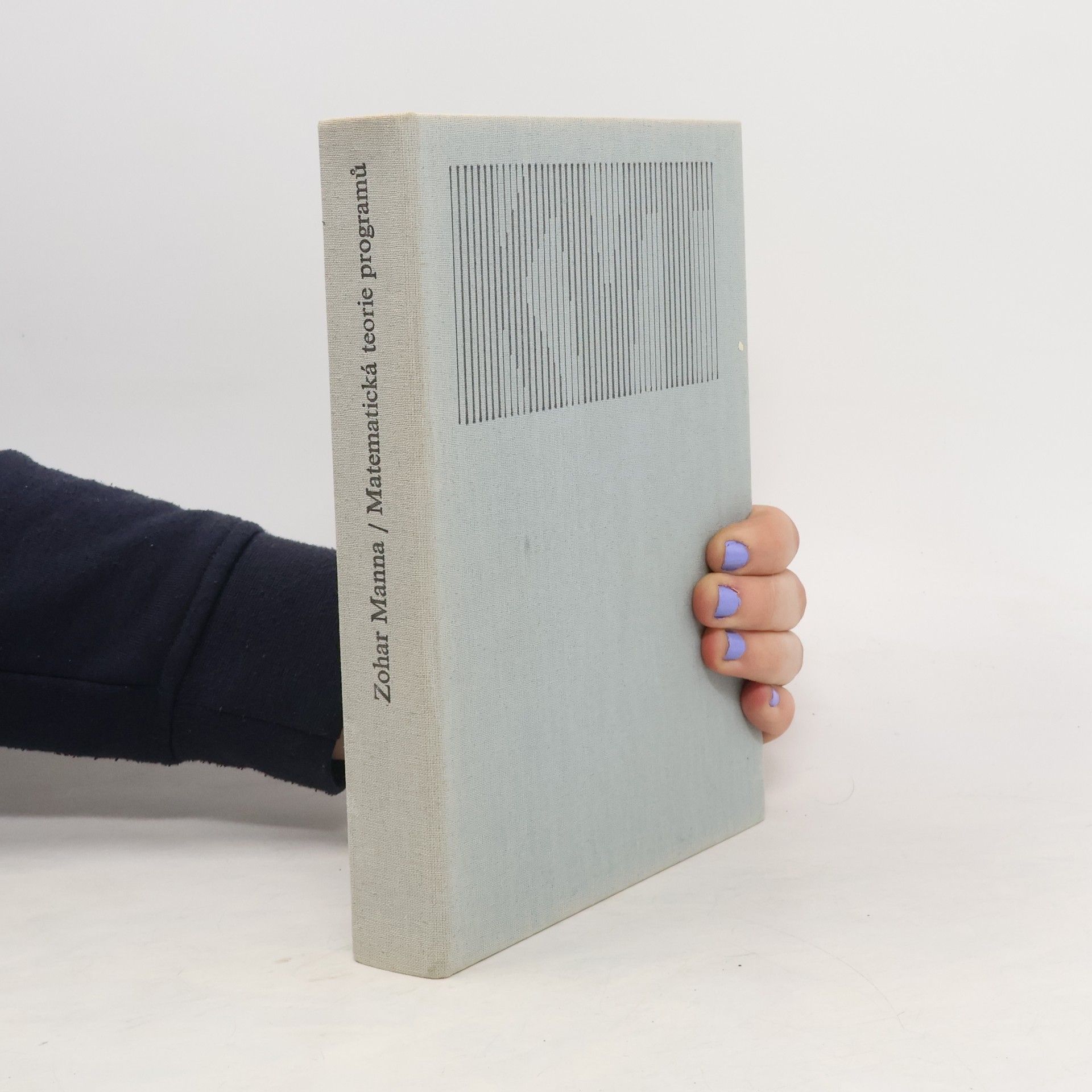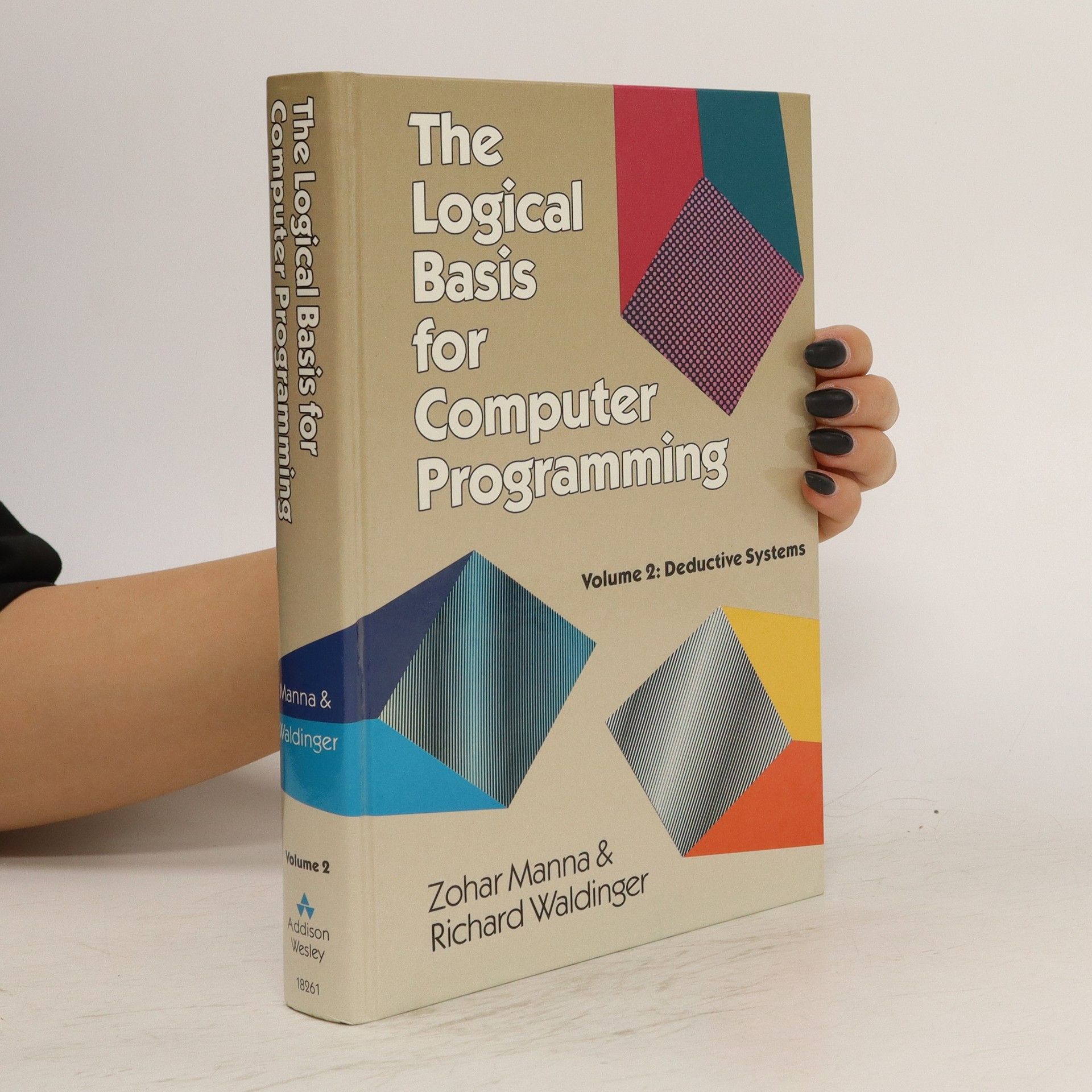Focusing on the complexities of programming interactive computing systems, this volume provides a comprehensive introduction to temporal logic as a specification tool for reactive systems. It presents a foundational understanding of the computational model for reactive programs, developed by renowned scholars Zohar Manna and Amir Pnueli. The text serves as an essential resource for those delving into the challenges of real-time, concurrent, and control systems, making it a valuable reference for both students and professionals in the field.
Zohar Manna Book order (chronological)





The Calculus of Computation
Decision Procedures with Applications to Verification
- 384 pages
- 14 hours of reading
Focusing on computational logic, the textbook covers foundational concepts of first-order logic and advances to modern decision procedures for arithmetic and data structures. It emphasizes a logical methodology for developing correct software, making it a valuable resource for understanding both theoretical and practical aspects of computational logic in engineering.
Mathematical Theory of Computation
- 464 pages
- 17 hours of reading
With the objective of making into a science the art of verifying computer programs (debugging), the author addresses both practical and theoretical aspects of the process. A classic of sequential program verification, this volume has been translated into almost a dozen other languages and is much in demand among graduate and advanced undergraduate computer science students.Subjects include computability (with discussions of finite automata and Turing machines); predicate calculus (basic notions, natural deduction, and the resolution method); verification of programs (both flowchart and algol-like programs); flowchart schemas (basic notions, decision problems, formalization in predicate calculus, and translation programs); and the fixpoint theory of programs (functions and functionals, recursive programs, and verification programs). The treamtent is self-contained, and each chapter concludes with bibliographic remarks, references, and problems.
The Logical Basis for Computer Programming. Vol. 2, Deductive Systems
- 650 pages
- 23 hours of reading
Once the province of philosophy, logic has found increasing application in computer science, especially in software engineering and artificial intelligence. Systems with the ability to perform logical deduction are being applied to the synthesis, verification, and transformation of computer programs, to the understanding of natural language, and to the formation of commonsense and robotic plans. Expert systems and logic-programming systems (such as Prolog) may all be regarded as rudimentary applications of a new deductive technology.